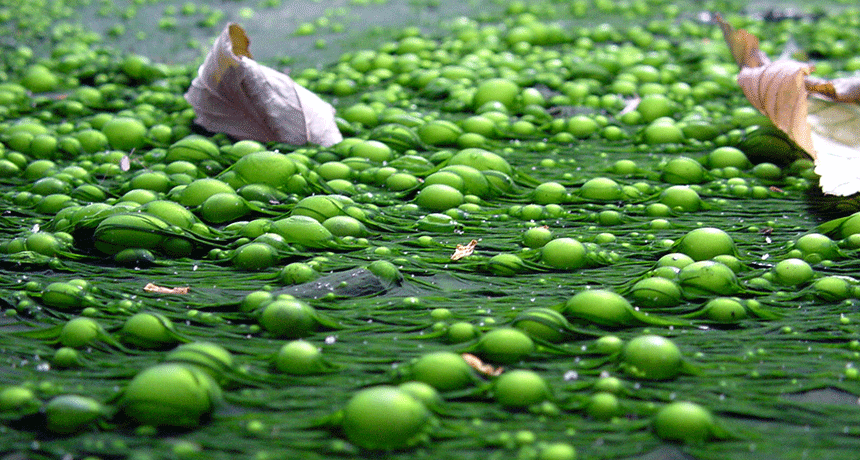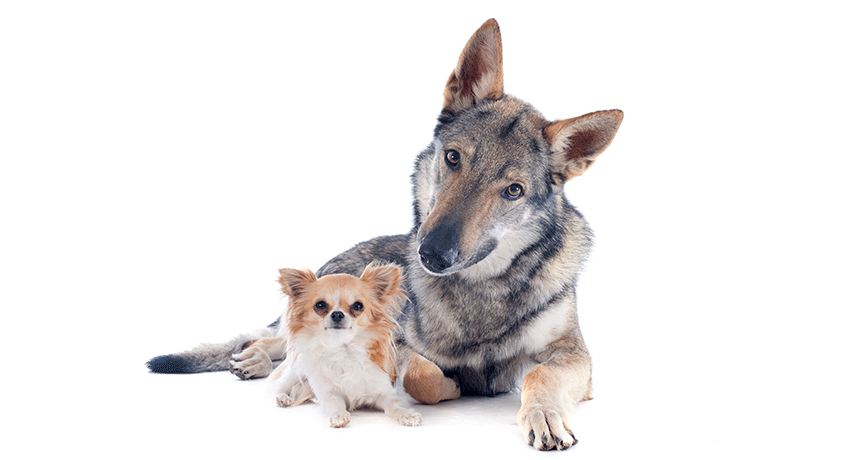Agriculture
-
 Agriculture
AgricultureRobots will control everything you eat
Robots are now being introduced into all phases of how food is grown and prepared. In the future, though, they will be common.
By Terena Bell -
 Agriculture
AgricultureExplainer: The fertilizing power of N and P
Two elements — nitrogen and phosphorus — help plants grow. When the soil doesn’t have them, farmers might add them in the form of fertilizer.
-
 Agriculture
AgricultureScientists Say: Domestication
Domestication is the process of deliberately taking a wild organism — a plant or animal for instance — and making it a part of our daily lives.
-
 Agriculture
AgricultureBee hotels are open for business
Bee hotels are creating a buzz in conservation and research by offering nesting places for wild bees.
-
 Agriculture
AgricultureSheep poop may spread poisonous weed
Fireweed is a poisonous plant in Australia. Sheep can eat it without hurting themselves. But a teen found those sheep may be spreading more weeds.
-
 Agriculture
AgricultureTeen converts water pollutant into a plant fertilizer
Too much phosphate can fuel algal growth, which can rob oxygen from the water. This can suffocate fish and other wildlife. Stefan Wan found a way to collect that pollutant, which can later be used as a farm nutrient.
-
 Agriculture
AgricultureWild hamsters raised on corn eat their young alive
European hamsters raised in the lab turn into crazy cannibals when fed a diet rich in corn, new data show. The problem may trace to a shortage of a key vitamin.
-
 Agriculture
AgricultureWorld’s tallest corn towers nearly 14 meters
Short nights and a genetic tweak helped novel corn reach record heights.
-
 Agriculture
AgricultureTeen develops water-saving pods for seeds
In California’s drought, every drop of water counts. A teen developed a capsule to keep sprouting seeds wet and reduce water use.
-
 Agriculture
AgricultureBananas under attack: Understanding their foes
Fungal blights threaten the world’s most popular fruit. But genetic studies hint at new ways to combat some of these diseases.
-
 Agriculture
AgricultureSneaky! Virus sickens plants, but helps them multiply
The cucumber mosaic virus helps tomato plants lure pollinators. When the plants multiply, the virus now gets new hosts.
-
 Agriculture
AgricultureThe first farmers were two groups, not one
The humans that began farming 10,000 years ago in the Fertile Crescent may have been two cultures living side-by-side.